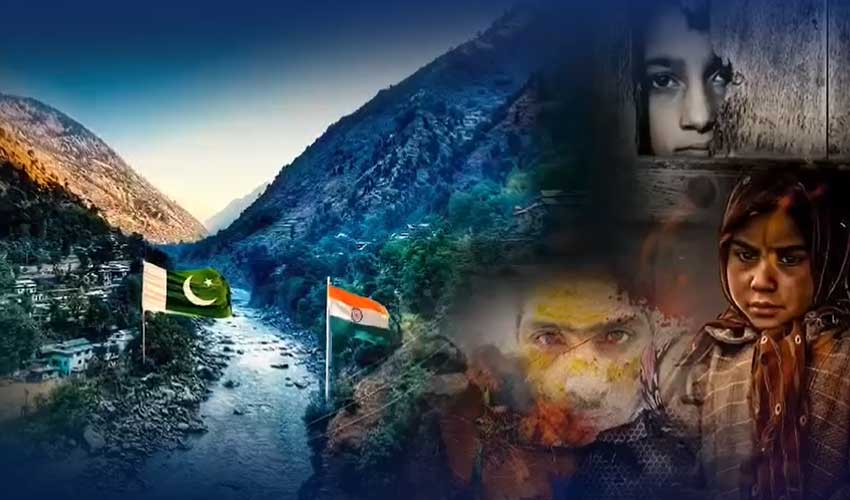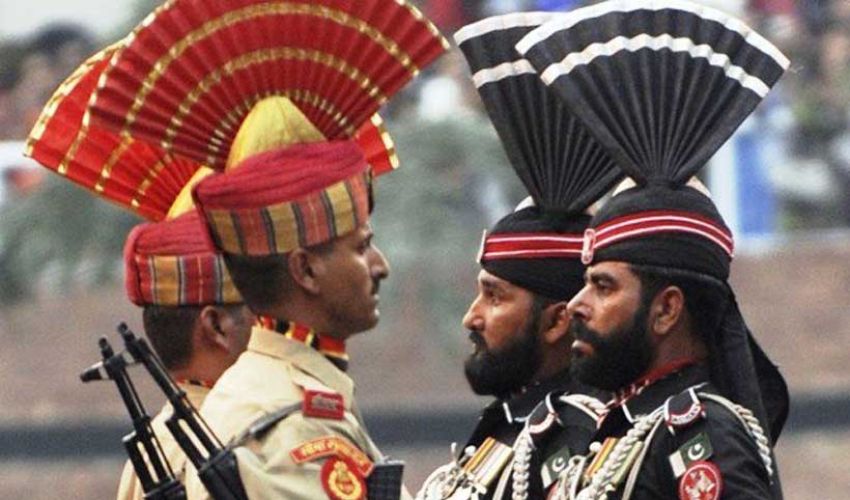The village of Simari, split between Pakistan-administered and Indian-administered Kashmir, continues to face challenges due to its location on the Line of Control (LoC). Indian military presence has increased in recent years, affecting daily life for residents on both sides.
Simari is divided by the Neelum River, known as Kishanganga on the Indian side. A bridge connects the two parts, but crossing is prohibited. The Indian military has converted their side of Simari into a military camp, requiring residents to seek permission for movement.
Tensions escalated following the 2019 Pulwama incident. Residents report increased shelling and firing across the LoC, causing property damage and forcing people to remain indoors for extended periods. This has disrupted livelihoods and daily activities.
On the Indian-administered side, the military maintains strict control over resident movement. The area is reportedly lined with landmines, and military installations are present throughout the village, including on private lands.
Simari's residents have been impacted by these conditions for 77 years since the partition in 1947. Many families remain separated across the LoC, with attempts at reunification hindered by cross-border tensions.
International observers continue to monitor the situation, as residents call for a resolution to the ongoing conflict.



























